Russia warns of "terrible problem" over Kosovo
Sergei Ivanov says granting Kosovo independence would "open Pandora's box and create a terrible problem."
Sunday, 10.02.2008.
10:48

Sergei Ivanov says granting Kosovo independence would "open Pandora's box and create a terrible problem." Ivanov, Russia's first deputy prime minister, was speaking at the 44th Conference on Security Policy, which is set to end today in Munich, Germany. Russia warns of "terrible problem" over Kosovo "Recognition of Kosovo's independence by the world community would set an international precedent," he was quoted by Itar-Tass. "Russia disagrees with the opinion that Kosovo independence must be recognized - not just because Russia stubbornly supports the Serbs. The central point in Russia's position is, he said, that the field of international law should be preserved and no precedents should be set," Ivanov said. "If the European Union countries recognize Kosovo, they will also have to recognize the independence of North Cyprus," Ivanov concluded. Ivanov, U.S. Defense Secretary Robert Gates, and EU's foreign policy chief Javier Solana took part in the meetings among 350 top officials from a number of countries. President Boris Tadic and his party colleagues, Democrats Dragan Sutanovac, who is the defense minsiter in the Kostunica cabinet, and Foreign Minister Vuk Jeremic, also participated. Sutanovac yesterday reiterated Serbia's request to have the talks on the province's status continue, and asked high KFOR, NATO and EU officials to guarantee "once again" that peace and safety will be provided in Kosovo. He later told journalists he received assurances that NATO "will not engage in the status issues, but will instead concentrate on preserving peace and safety in Kosovo." Yesterday, Gates and Ivanov met to hold a private meeting, from which the chief of the U.S. defense emerged telling reporters Russia was to "react cautiously" should Kosovo unilaterally secede from Serbia. "My view, and this is only my personal view, is that the Russians will – first of all, they won't like Kosovo's independence – that they will react cautiously," Gates was quoted. He also added he "did not expect Moscow to make big noise." But Gates then went on to say that he "did not discuss Kosovo with Ivanov," rather other contentious issues, such as the U.S. plans to deploy an anti-missile shield in Europe, news agencies reported from Munich. In the meantime, Russian State Duma Foreign Affairs Committee Chairman Konstantin Kosachev, who was also attending the confenrence, reiterated his country's opposition to western plans regarding Kosovo. "The possible sending of a European Union mission to Kosovo would be absolutely anti-legal because neither Serbia nor Kosovo are members of the EU," he told Itar-Tass Saturday. "In the event that the mission of the United Nations is replaced in this way, Russia should take the matter before the UN Security Council and use its right of veto," added Kosachev. "The EU would be violating the UN Charter and Resolution 1244," he explained. "The current problem of separatism in Kosovo would never have appeared in such a strong form if the Kosovo separatists had not been sent a clear signal from Washington and Brussels eight years ago on the possible granting of independence," Kosachev continued. "The Kosovo separatists are even now under outside control," Kosachev said, adding that "there would be no set date of Feb. 17 without foreign support, or any other date, for a self-proclamation of independence." According to the Russian official, a face-saving solution for Serbia would be "to admit it to the EU and to continue with the negotiations." "Consequently, the topic of independence would either completely disappear or it would be significantly less painful," Kosachev said, adding that the process "has now unfortunately gone too far." The EU was given the chance, but it made the wrong choice, he said. "Kosovo will not get full independence on Feb 17. Russia has a prepared position in the event of a proclamation of independence," Kosachev concluded.
Russia warns of "terrible problem" over Kosovo
"Recognition of Kosovo's independence by the world community would set an international precedent," he was quoted by Itar-Tass."Russia disagrees with the opinion that Kosovo independence must be recognized - not just because Russia stubbornly supports the Serbs. The central point in Russia's position is, he said, that the field of international law should be preserved and no precedents should be set," Ivanov said.
"If the European Union countries recognize Kosovo, they will also have to recognize the independence of North Cyprus," Ivanov concluded.
Ivanov, U.S. Defense Secretary Robert Gates, and EU's foreign policy chief Javier Solana took part in the meetings among 350 top officials from a number of countries.
President Boris Tadić and his party colleagues, Democrats Dragan Šutanovac, who is the defense minsiter in the Koštunica cabinet, and Foreign Minister Vuk Jeremić, also participated.
Šutanovac yesterday reiterated Serbia's request to have the talks on the province's status continue, and asked high KFOR, NATO and EU officials to guarantee "once again" that peace and safety will be provided in Kosovo.
He later told journalists he received assurances that NATO "will not engage in the status issues, but will instead concentrate on preserving peace and safety in Kosovo."
Yesterday, Gates and Ivanov met to hold a private meeting, from which the chief of the U.S. defense emerged telling reporters Russia was to "react cautiously" should Kosovo unilaterally secede from Serbia.
"My view, and this is only my personal view, is that the Russians will – first of all, they won't like Kosovo's independence – that they will react cautiously," Gates was quoted.
He also added he "did not expect Moscow to make big noise."
But Gates then went on to say that he "did not discuss Kosovo with Ivanov," rather other contentious issues, such as the U.S. plans to deploy an anti-missile shield in Europe, news agencies reported from Munich.
In the meantime, Russian State Duma Foreign Affairs Committee Chairman Konstantin Kosachev, who was also attending the confenrence, reiterated his country's opposition to western plans regarding Kosovo.
"The possible sending of a European Union mission to Kosovo would be absolutely anti-legal because neither Serbia nor Kosovo are members of the EU," he told Itar-Tass Saturday.
"In the event that the mission of the United Nations is replaced in this way, Russia should take the matter before the UN Security Council and use its right of veto," added Kosachev.
"The EU would be violating the UN Charter and Resolution 1244," he explained.
"The current problem of separatism in Kosovo would never have appeared in such a strong form if the Kosovo separatists had not been sent a clear signal from Washington and Brussels eight years ago on the possible granting of independence," Kosachev continued.
"The Kosovo separatists are even now under outside control," Kosachev said, adding that "there would be no set date of Feb. 17 without foreign support, or any other date, for a self-proclamation of independence."
According to the Russian official, a face-saving solution for Serbia would be "to admit it to the EU and to continue with the negotiations."
"Consequently, the topic of independence would either completely disappear or it would be significantly less painful," Kosachev said, adding that the process "has now unfortunately gone too far."
The EU was given the chance, but it made the wrong choice, he said.
"Kosovo will not get full independence on Feb 17. Russia has a prepared position in the event of a proclamation of independence," Kosachev concluded.












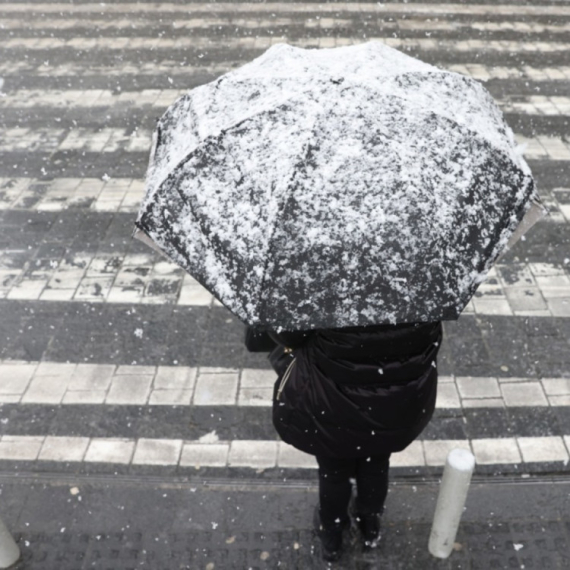

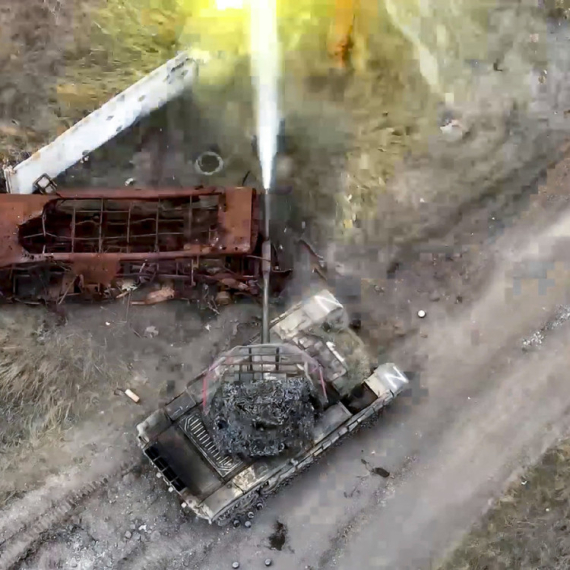
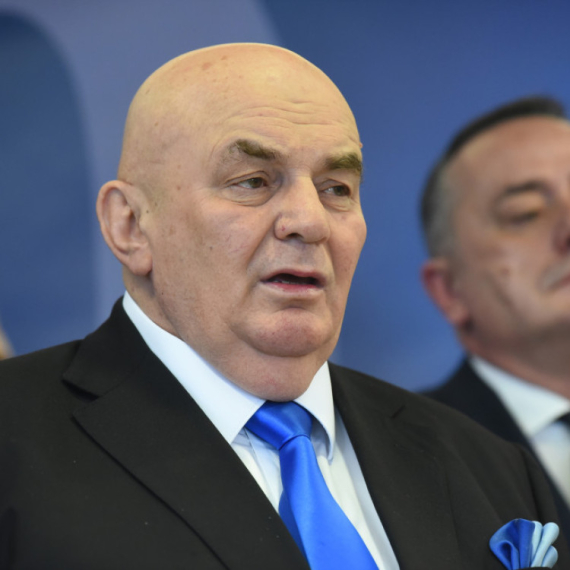
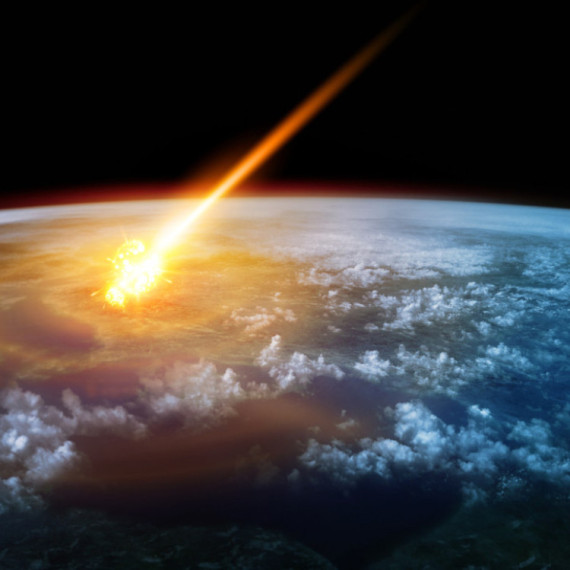
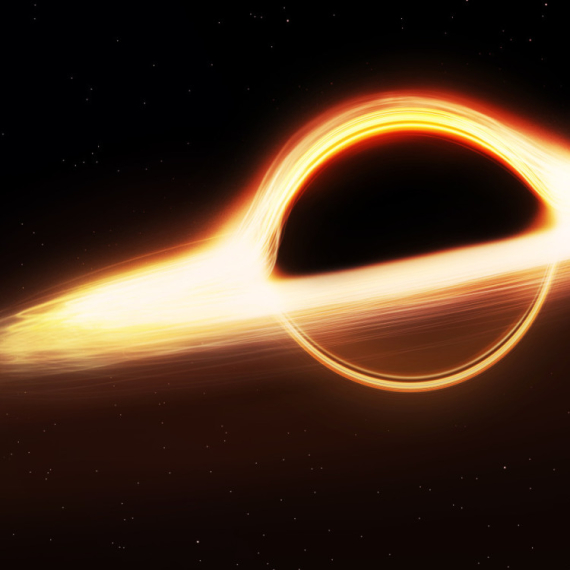










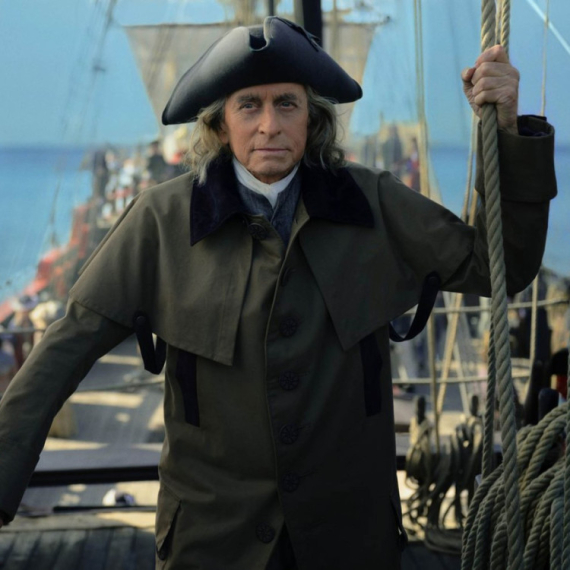







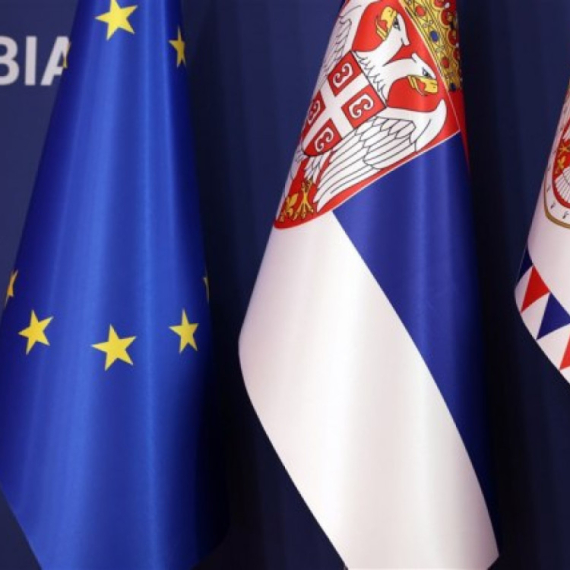
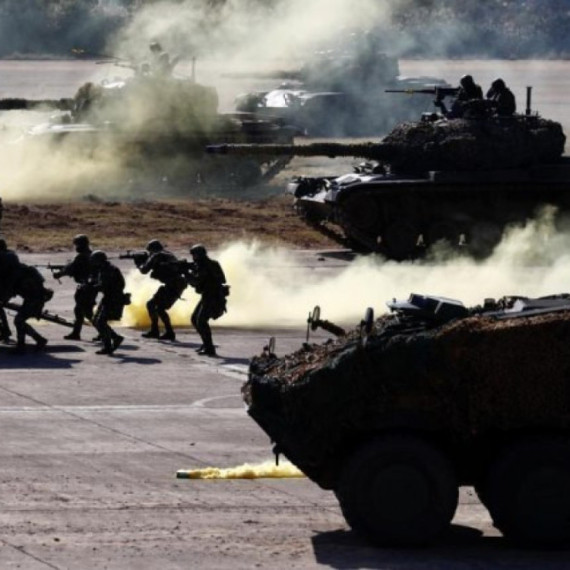
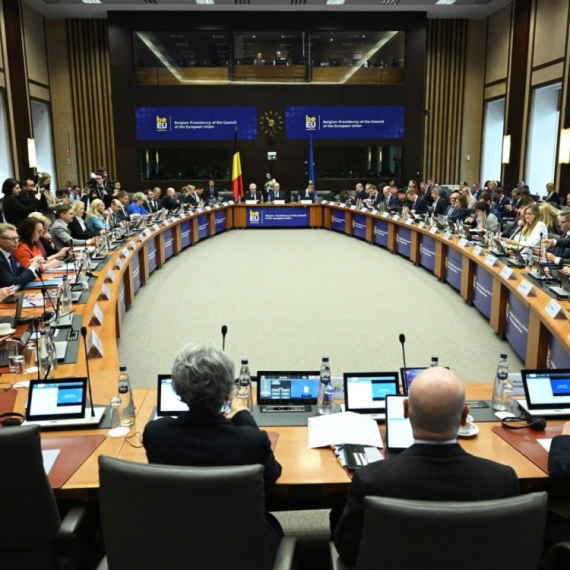
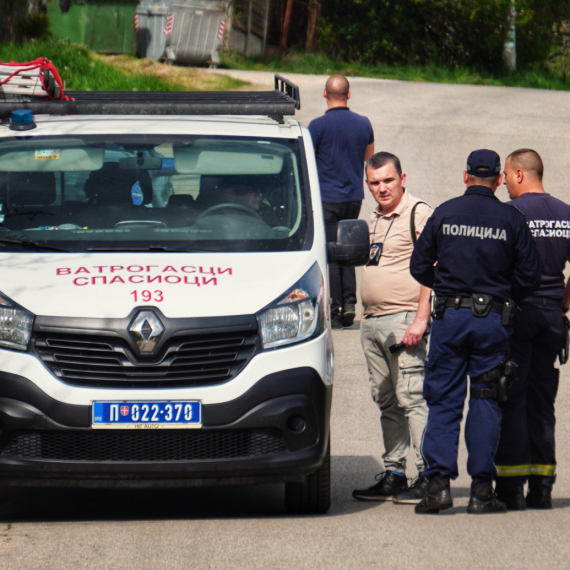
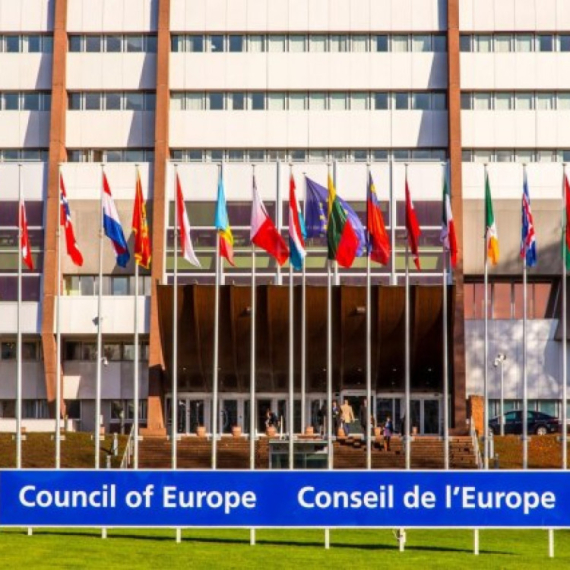
















Komentari 39
Pogledaj komentare